Self-care.
It matters more than you think.
Vivienne Fleischer learned that the hard way. But it was a lesson that propelled her into advocacy—and a new career.
Moments of discord
“No pain, no gain. You’re developing muscles.”
That’s what Vivienne’s Juilliard School piano professor said when Vivienne complained that her hands hurt from the technique exercises he had assigned. So, when she went back to the practice room that afternoon, arms on fire, she didn’t worry about her pain. Instead, she embraced it and thought, “This is awesome! I’m going to totally rock this.”
According to Vivienne, suffering for your art was expected, admired and even envied at the renowned performing arts conservatory, which is why she initially accepted, even welcomed, her pain. But it went from bad to worse, until one day, Vivienne could barely hold a cup of coffee.
“That’s when I went to the school clinic, where I was instructed to take pain killers, cancel my concerts and give up the temp typing jobs I depended on to pay my tuition,” says Vivienne. Although those actions brought relief, Vivienne’s pain resurfaced whenever she played the piano or typed.
Thankfully, another professor introduced Vivienne to the Taubman Approach, a method of playing the piano that is hugely successful in preventing playing-related injuries.
That changed everything for Vivienne and was the start of her self-care advocacy.
Fast forward 20 some odd years. Vivienne still plays the piano and competes internationally, but, as co-founder of Performance Based Ergonomics (PBE), she’s added a new advocacy goal to her repertoire: helping others remain injury-free at work.
“If we’re not careful, work can really take a toll on our bodies, our psyches and our overall wellbeing. I’m living proof of that.”
Vivienne Fleischer
Vivienne and her PBE team help people connect the dots between their work and its impact on their bodies. Her methodologies teach people how to check their posture and movements, and change how they interact with the “instruments” they use on the job: everything from laptops and monitors to keyboards and chairs. PBE’s broad focus also includes workplace productivity, stress and time management and overall well-being.
Self-care: Advocates need it, too
Vivienne’s message of self-care resonates with the Living Proof community.
“It’s no accident that ‘care’ is one of the five components of our Whole Advocate™ model,” says Tim Cage, Living Proof Advocacy cofounder. “Though different from piano performance or office work, speaking out publicly as an advocate and sharing your story on behalf of a cause you care about also can be physically, mentally and emotionally exhausting.”
As a result, it’s easy to overextend yourself and forget to make time for your own health, especially now during the pandemic, when advocates, like so many others, are working remotely.
That means spending more hours at their desks or kitchen counters, on their computers and in Zoom meetings, rather than being face to face with live audiences. “In addition to the physical challenges of work from home, remote advocacy also creates additional stress,” says Tim.
Christina Sparrock speaking recently at a NYC town hall meeting on emotional wellness.
Christina Sparrock has experienced this firsthand. A New York City mental health advocate who was used to speaking in-person to live audiences large and small, she now advocates via virtual meetings.
“Even though meetings take place two or three times a week, it feels like a seven-days-a-week job,” says Christina. “There’s more pressure to be on point. It entails researching policies, watching the news, listening to credible messengers, writing, editing, managing emotions, requesting friends to weigh in, learning how to interact with other panelists and staying on topic. It consumes a lot of mental and emotional energy.”
Taking good care
Here are five tips from Vivienne on how to care for your physical health when advocating—and working—remotely:
Tip 1: Set yourself up for success. Arrange your work area to allow you to sit in an upright and balanced position, eyes looking ahead, elbows under your shoulders and close to your sides. The goal is to have your monitor at eye-level and your keyboard and mouse at elbow-level. So, if you work on a laptop, consider adding an external monitor, keyboard and mouse.
Tip 2: Elevate your space. If you don’t have an external monitor, try setting your laptop on a laptop riser or stack of books.
Tip 3: Avoid “Zoom Fatigue.” Resist scheduling back-to-back video calls, and allow at least 10-15 minutes between them. If your eyes feel tired, try the “20-20-20 Rule”: every 20 minutes look at something at least 20 feet away for 20 seconds.
Tip 4: Release tension. Check to see how heavily you pound the keys when typing and how tightly you grip your mouse. Many people use more force than needed, causing hand, wrist and arm fatigue and discomfort. Instead, use a light touch on the keyboard and relax your hand and wrist when maneuvering your mouse.
Tip 5: Manage your energy rather than your time. Work in 60- to 90-minute intervals, and you’ll find that you’ll not only feel better, but you’ll also get more done in less time. Exercising, eating well and getting eight hours of sleep can also make a difference.
For more self-care tips for protecting your emotional and mental health, visit 5 Self-care Tips for Advocates Telling Their Personal Stories.
Bev Bachel is a freelance writer who advocates for teens and people 50+. She’s also the author of What Do You Really Want? How to Set a Goal and Go for It! One of her current goals? Making her home office more ergo-friendly.
ABOUT PBE - Performance Based Ergonomics helps companies run comprehensive ergonomics and wellness programs. Clients include Amazon, Netflix, Airbnb, Pinterest and more, and the company was featured recently in the The Wall Street Journal.






